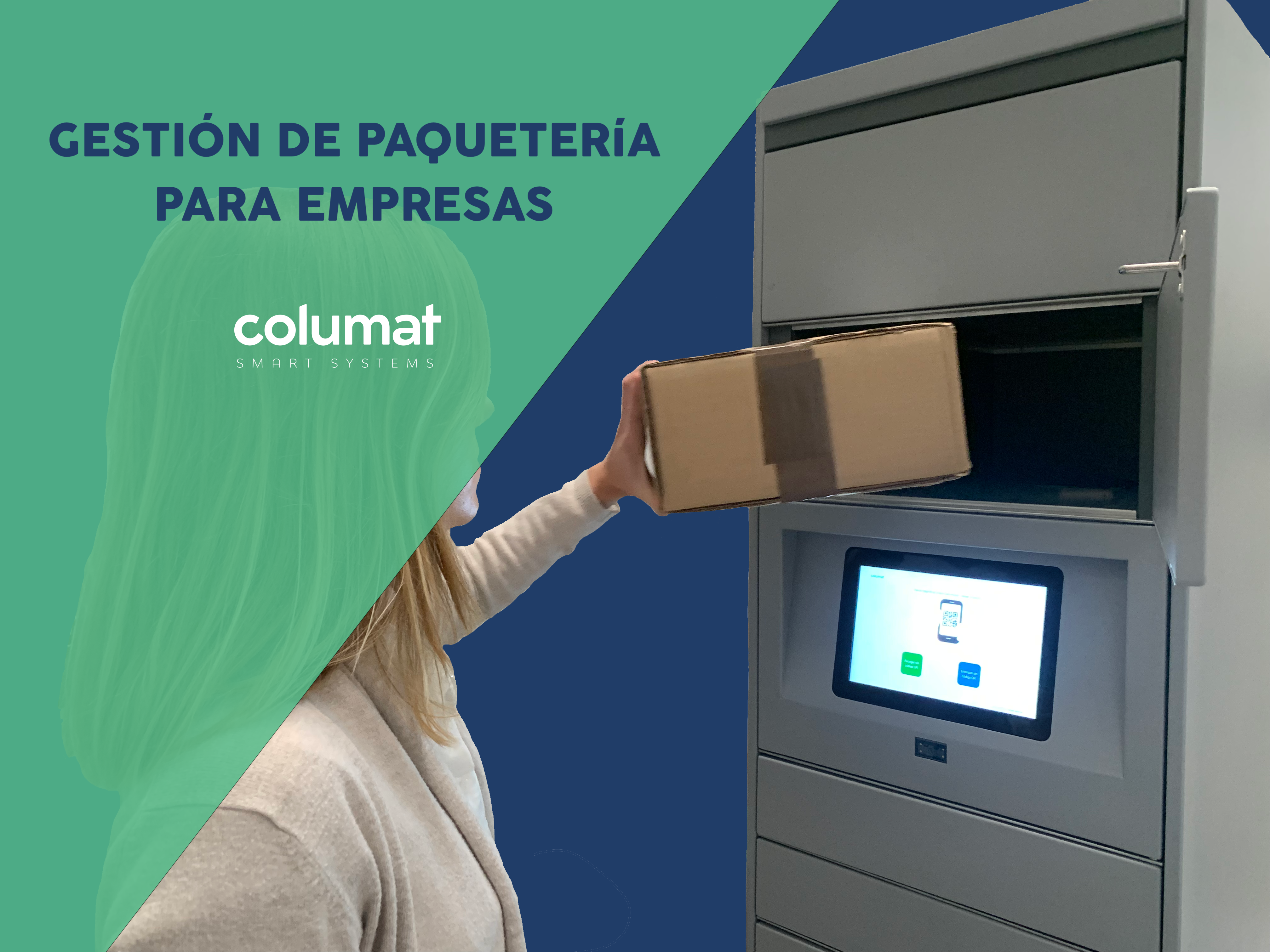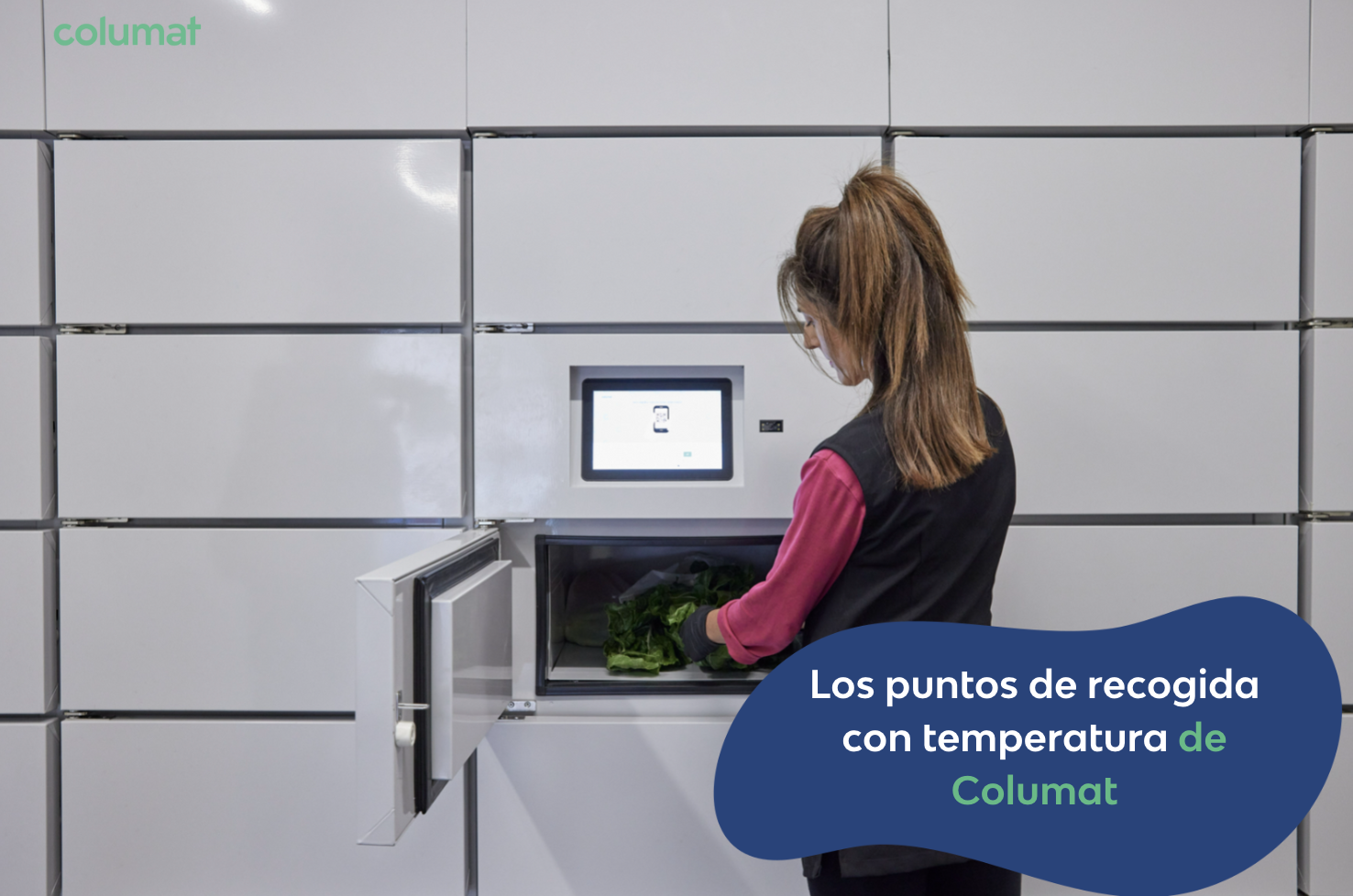What is Lead Time and how do Smart Lockers optimize it?
Lead time refers to the total time that elapses from the moment an order is placed until it is delivered to the end customer. In other words, it is the time it takes a company to complete the full cycle of an order.
- Order processing: From the time the order is received until it is confirmed and preparation begins.
- Preparation and packaging: Time required to have the product ready for shipment.
- Transportation: Shipping phase, which includes the time the package spends in transit until it reaches the customer.
- Final delivery: The last stage, where the customer receives the product at its destination.
Lead time is a key indicator in logistics, as it directly influences operational efficiency and customer satisfaction, since the shorter the lead time, the faster and more efficient the delivery. That is why smart lockers are directly related to lead time, because they can significantly reduce it, especially in the delivery or last mile stage:
1. Elimination of Failed Deliveries
One of the biggest problems in home delivery is when the customer is not present to receive the order, which causes retries and lengthens the lead time. With smart lockers, the package is safely deposited and the customer can pick it up at any time. This eliminates delays due to missed deliveries and ensures that the order will be available as soon as it arrives.
2. Centralized Deliveries
Smart lockers allow carriers to make consolidated deliveries at a single point, instead of making multiple stops at different addresses. This centralization of deliveries optimizes transport routes, reducing travel time and, consequently, lead time.
3. 24/7 availability
Unlike home deliveries, which are restricted to certain times, smart lockers are available 24 hours a day. This means that customers can pick up their orders at any time, which speeds up the process of receiving the product and significantly reduces the time that elapses between the arrival of the package and its pickup.
4. Improved Inventory Management
By shortening lead time, companies can better manage their inventories, ensuring that products do not remain too long in transit or in warehouses. This not only improves internal efficiency, but also allows for faster deliveries and meeting customer expectations.
5. Efficiency in the supply chain
The automation of smart lockers reduces the time spent on manual management of deliveries and pickups. Furthermore, logistics companies can monitor the status of deliveries in real time, which improves planning and optimization of resources, directly impacting lead time reduction.
To conclude, lead time is a fundamental element that determines the effectiveness of any logistics operation. In an environment where consumers demand fast and efficient deliveries, smart lockers are presented as an innovative solution that not only reduces delivery time, but also improves the customer experience.
Incorporating smart lockers into the logistics strategy not only optimizes the delivery process, but also positions businesses as a modern and competitive option in the market.
Here is a link where you can find more information about lead time: https://www.beetrack.com/es/blog/que-es-el-lead-time-calcula-empresa
Also, here is our last blog in case you missed it: https://www.columat.com/smart-buildings-el-futuro-de-eficiencia-y-sostenibilidad/


